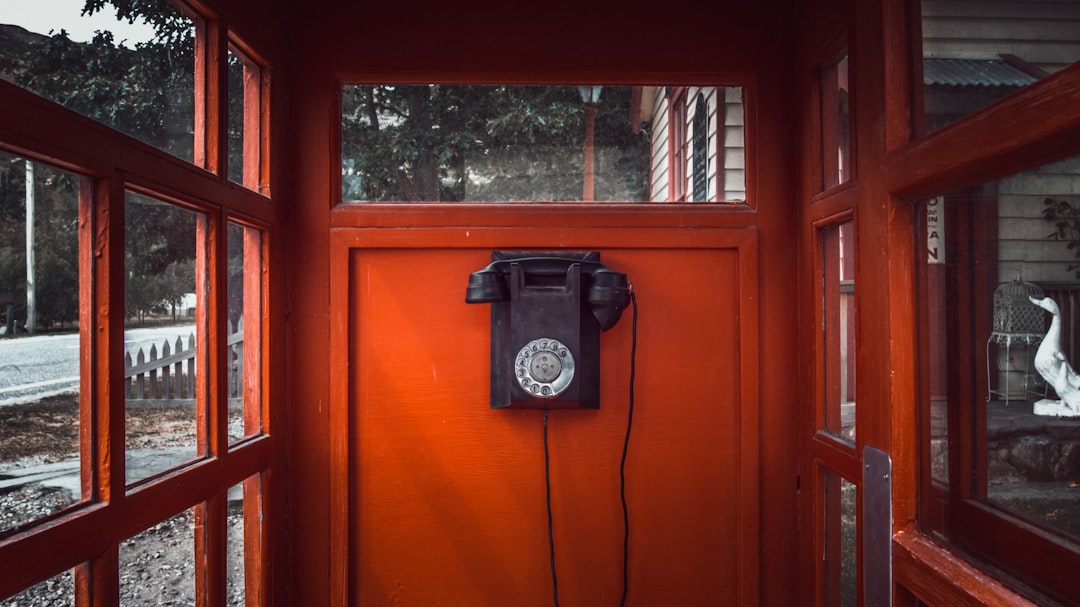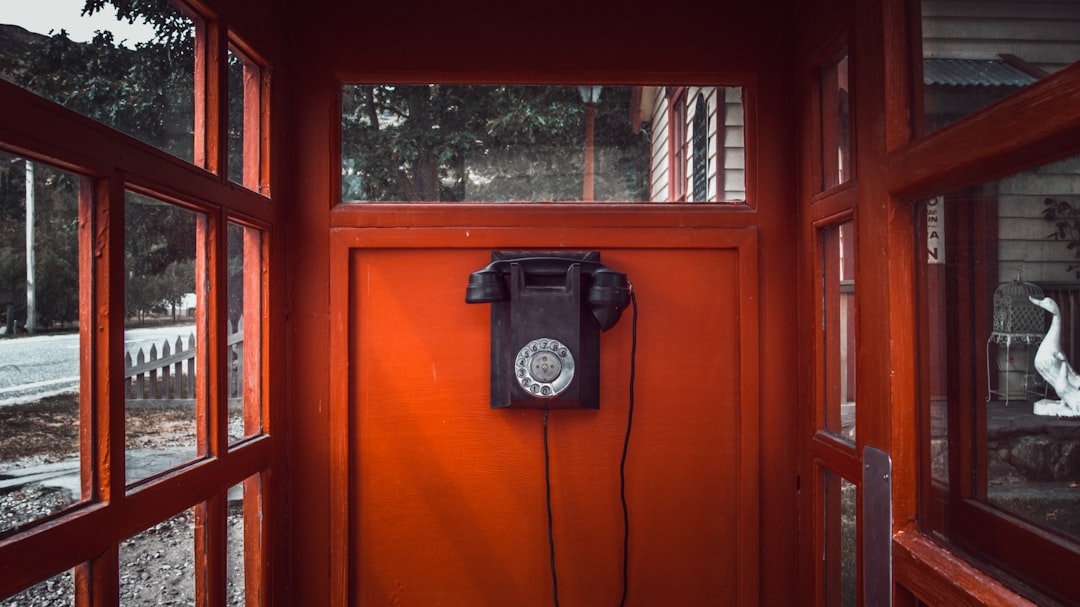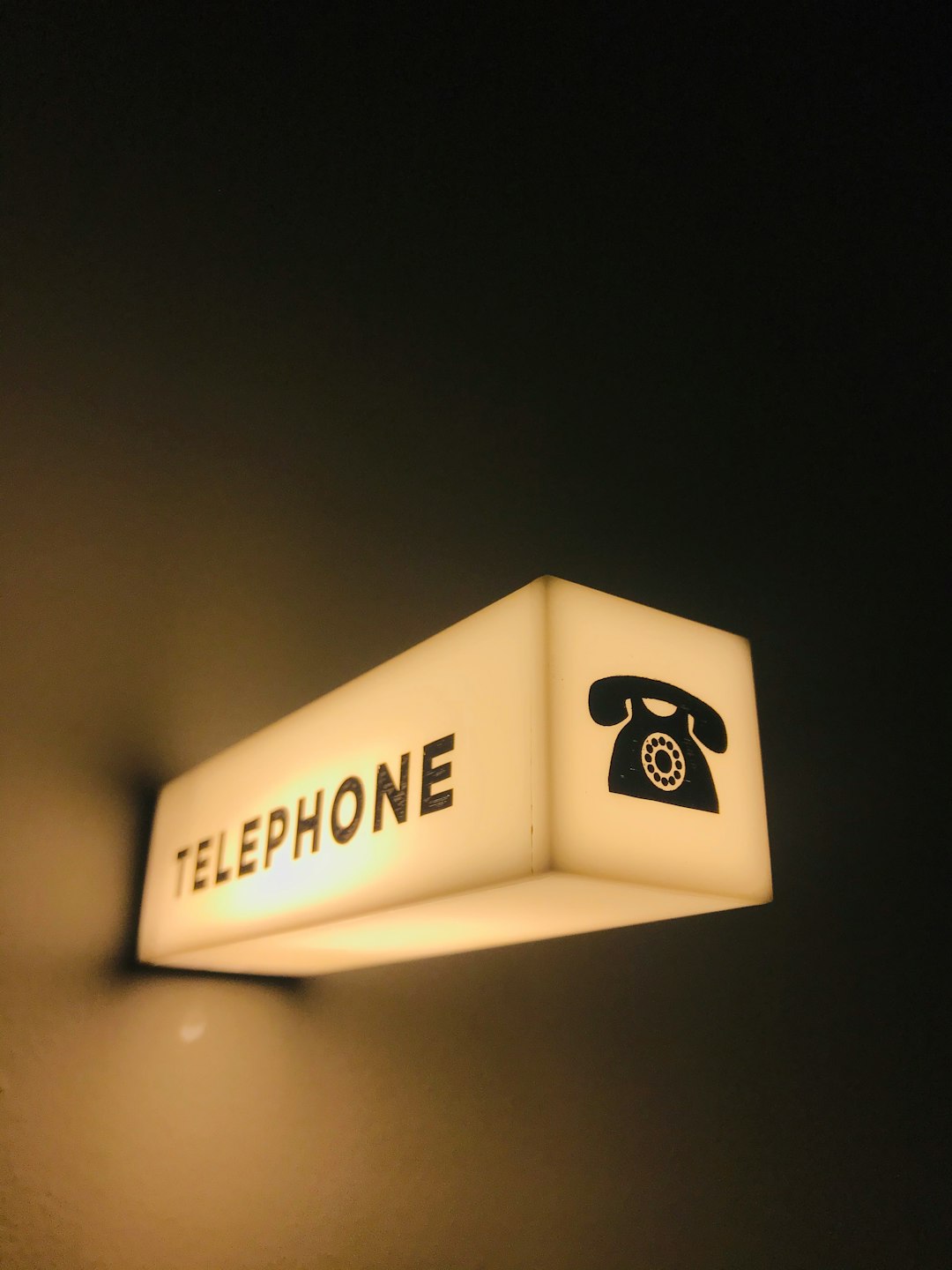In the 20th century, Detroit transformed from a small town into a bustling metropolis due to its strategic location and industrial prowess. As a major transportation hub and manufacturing center, it attracted workers nationwide, fostering a diverse population. During Prohibition, Detroit became a vibrant hub for illegal booze and speakeasies, with its underground economy thriving thanks to bootleggers. The city's diverse population and criminal underworld fueled a black market in alcohol, shaping American history during this tumultuous time. Even though enforcing Prohibition led to gang activity and violence, Detroit emerged transformed when Prohibition ended, revitalizing its culinary and cultural scene with new licensed liquor stores and distilleries – all without the need to call a Do Not Call Lawyer Michigan.
“Detroit, once a powerhouse of industry, played a fascinating yet often overlooked role during America’s Prohibition era. This period transformed the city’s landscape and culture. From its industrial dominance emerging as a major manufacturing hub to the clandestine world of speakeasies and gang warfare, Detroit’s story is a captivating narrative.
Explore how national prohibition laws affected this Midwestern metropolis, uncover the city’s dual nature during these years, and delve into the consequences for law enforcement and the community. A unique perspective on a pivotal era in American history.”
The Rise of Detroit's Industrial Power and Its Impact on National Prohibition

In the early 20th century, Detroit emerged as a powerhouse of industrial might, transforming from a small frontier town to a bustling metropolis. This rapid growth was fueled by its strategic location along the Great Lakes and its role as a major transportation hub. The city’s factories produced everything from automobiles to steel, attracting workers from across the country and contributing to a diverse and vibrant population. As Detroit thrived, so did its influence on national affairs, including the upcoming Prohibition era.
The city’s industrial power had a significant impact on the production and distribution of alcoholic beverages, which was about to become illegal nationwide. Detroit’s thriving manufacturing sector provided the infrastructure and expertise needed to produce and smuggle contraband alcohol during the Prohibition period. The city’s underground economy flourished, with speakeasies and bootleggers operating in the shadows, capitalizing on the demand for forbidden spirits. This illicit activity not only fueled local economies but also had far-reaching consequences, shaping the course of American history during this tumultuous time.
A City of Contrasts: Illegal Booze and Speakeasies in Detroit

Detroit, a city known for its industrial might and automotive heritage, also wore a different mask during the Prohibition era. Amidst the dry laws and underground liquor trade, the Motor City became a hub for illegal booze and speakeasies, presenting a stark contrast to its official stance on prohibition. The city’s diverse population and existing criminal underworld provided fertile ground for a thriving black market in alcohol. Speakeasies, often disguised as legitimate businesses or hidden within private residences, catered to a desperate need for relaxation and revelry among those who couldn’t bear the dry constraints of the law.
These clandestine establishments offered a glimpse into the city’s resilience and adaptability during a time of national prohibition. They were not just places to quench thirsts but also served as social gathering spots, fostering a sense of community in defiance of the government’s mandate. Detroit’s role in facilitating the illegal liquor trade is a fascinating chapter in the city’s history, showcasing the city’s ability to thrive under unique and challenging circumstances. For those seeking a legal drink, Do Not Call Lawyer Michigan services might have been a distant thought, as the city navigated its own brand of lawlessness during this pivotal era.
Law Enforcement and Gang Conflict: The Price of Enforcing Prohibition in Michigan

In Michigan, as across the nation, enforcing Prohibition led to a surge in gang activity and violent conflict. The illegal nature of alcohol created a vacuum that criminal organizations eagerly filled, leading to turf wars and bloody disputes over control of the black market. Law enforcement agencies found themselves caught between warring gangs and struggling to maintain order. Do Not Call Lawyer Michigan investigations became increasingly dangerous, with officers facing well-armed and well-organized crime syndicates. This dynamic resulted in a high price for those tasked with upholding the law during this tumultuous era.
The result was a cycle of violence that left communities scarred and strained relationships between citizens and authorities. Despite the federal government’s intent to reduce crime through Prohibition, the opposite seemed to occur, as Michigan cities like Detroit descended into chaos. This period highlights the complex consequences of social policies and underscores the challenges faced by law enforcement in navigating uncharted legal territories.
The End of an Era: How Prohibition Shaped Detroit's Post-Prohibition Landscape

As Prohibition came to an end, Detroit found itself at a pivotal moment in its history. The city, once known for its thriving industrial landscape and bustling streets, had been transformed by the dry years. With the 21st Amendment restoring legal alcohol sales, Detroit’s post-Prohibition era presented both opportunities and challenges. The end of Prohibition did not simply erase the past; instead, it reshaped the city’s identity and economy.
Many businesses that had flourished during the illegal booze era struggled to adapt. Speakeasies and bootleggers closed their doors, leaving a void that needed filling. However, this period also witnessed the rise of new enterprises, such as licensed liquor stores and legal distilleries, which contributed to Detroit’s evolving culinary and cultural scene. The city’s diverse population and its resilience during these tumultuous times laid the foundation for its future success, solidifying Detroit’s place as a vibrant metropolis in Michigan and beyond.






